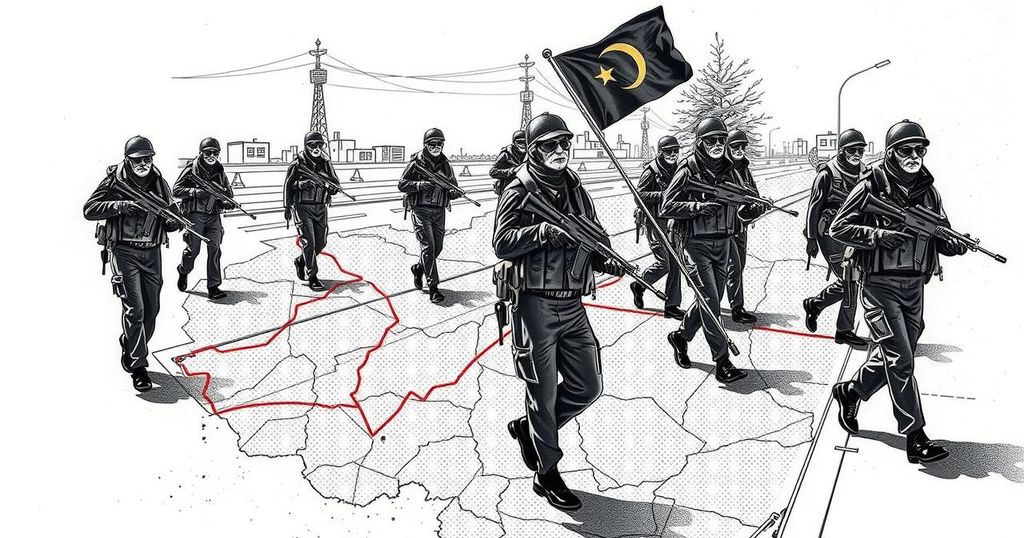UN Proposes Comprehensive Plan for Libya’s Stabilization and Electoral Reforms

The UN has initiated a plan to stabilize Libya through elections and institutional reforms, addressing the political deadlock while seeking to unify competing governments. UN envoy Stephanie Koury emphasized the need for a national vision, and although recent local elections have succeeded, a timeline for national elections remains unclear. Libya’s ongoing challenges stem from political infighting and external influences, yet prospects for stability persist.
The United Nations has unveiled a comprehensive strategy aimed at stabilizing Libya through the organization of national elections and institutional reform. During a briefing to the Security Council, Stephanie Koury, the UN envoy to Libya, emphasized that the proposed plan is designed to address the ongoing political deadlock and facilitate a return to legitimacy for Libya’s governing bodies. Despite facing significant challenges following years of civil strife since the 2011 uprising against Moamer Kadhafi, the UN remains hopeful about Libya’s potential to achieve stability and prosperity within the Mediterranean region.
The UN’s initiative seeks to unify the current factions within Libya, particularly the recognized government in Tripoli and the rival administration in the eastern part of the country led by military leader Khalifa Haftar. Koury noted that an advisory committee will be established by the UN Support Mission in Libya (UNSMIL) to address electoral concerns and lay the groundwork for future electoral processes. However, the timeline for these elections remains uncertain as no specific dates have been provided.
Libya’s ambassador to the UN, Taher al-Sonni, expressed dissatisfaction with the lack of clear direction presented during the Security Council meeting, indicating that the situation constitutes a political gridlock rather than a logistical one. He remarked that the recent success of local elections illustrated that the primary obstacles to a national vote are political in nature.
Following a UN-sponsored ceasefire and a 2021 Geneva agreement outlining plans for parliamentary and presidential elections, the anticipated elections were postponed indefinitely due to unresolved legal framework issues. Although some local elections have transpired, the country still awaits a national electoral event. Koury mentioned the detrimental economic factors and external influences affecting Libya while refraining from naming specific countries responsible for such interferences. She asserted, “Libya has the potential to become a beacon of stability and prosperity for the Mediterranean region and beyond.” The UN endeavors to facilitate dialogue for establishing a unified national vision for Libya’s future.
Libya, a North African country with a population of approximately 6.8 million, has been entrenched in turmoil following the overthrow of its longtime dictator Moamer Kadhafi in 2011. The aftermath of the NATO-supported uprising has left the nation divided, with a government based in Tripoli and a competing authority in the east. The United Nations has been actively involved in facilitating peace and political processes in Libya, especially following the ceasefire agreement that emerged from ongoing civil conflict. The international community has been looking towards establishing a politically stable Libya, allowing for democratic governance and economic recovery.
In conclusion, the recent proposal by the United Nations aims to not only organize national elections in Libya but also unify the often opposing factions within the country. The establishment of an advisory committee by UNSMIL represents a proactive step towards resolving electoral challenges. While the situation remains complex, with political disagreements hindering progress, the UN remains optimistic about Libya’s potential for future stability and prosperity.
Original Source: www.al-monitor.com







